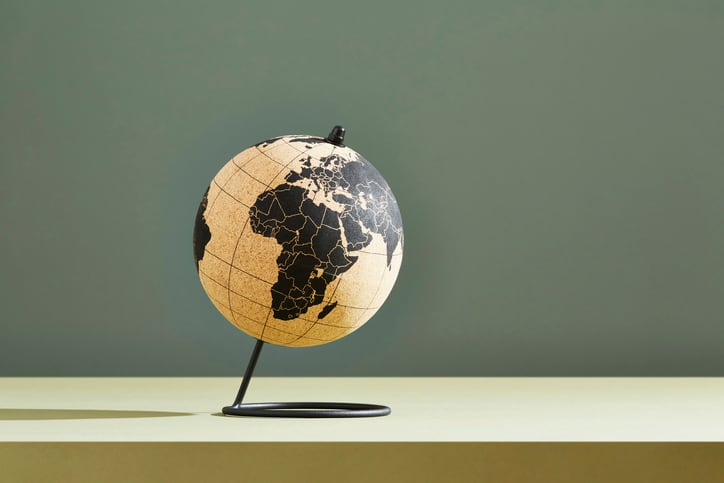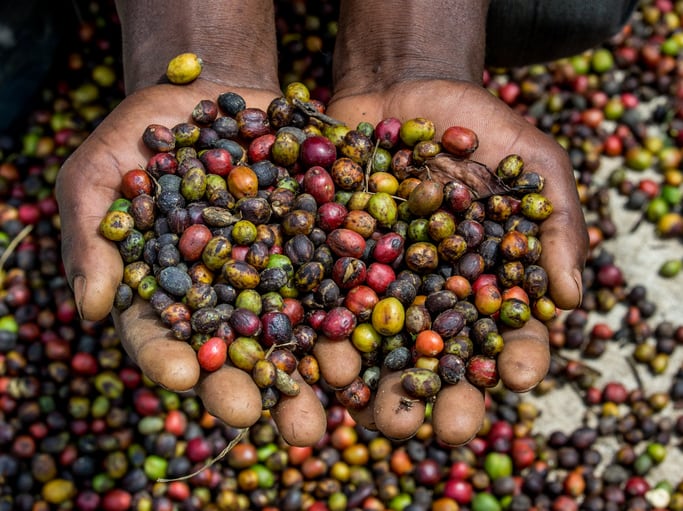Statista estimates $124bn in combined revenues for Africa’s non-alcoholic beverages sector for 2025, underpinned by total volumes of 83.86 billion liters.
Although African economies and its markets are diverse, leading to different market patterns and dynamics, the newly set up International Council of Beverages Associations ICBA Africa chapter executive director, Iddah Asin says bottled water, teas and herbal drinks as well as functional ingredients beverages rank as Africa’s growing categories.
“Generally, bottled water of all kinds is a large and growing category, as are juices, teas/herbal drinks, energy drinks and drinks with functional ingredients,” said Asin. “Carbonated beverages continue to be a steady driver, and innovation within each category will allow continued growth.”
Unlike other regional beverages markets that are largely uniform, African markets are shaped by considerations such as infrastructure, utility availability, ability to attract investment and access to distribution channels. These factors are also influencing beverage consumption patterns and options across the continent.
Amid the unique market considerations across the continent, multinational and local players are competing through various strategies, among them innovation, customisation and local taste.
Asin cites South Africa as the leading market in terms of consumption of soft drinks in Sub-Saharan Africa. Nonetheless, there is likely to be a shake up of the African country’s soft drinks sector, with reports indicating that Coca-Cola Beverages South Africa is readying up closure of some manufacturing plants.
In the West Africa region, where international brands have been bumping up their presence, the populous nation of Nigeria is considered to be the regional leader. With a population of over 200 million, brands such as Milo by Nestle and the Seven-Up Bottling Company (that manufactures Pepsi) brands have a heavy presence.
Statista data shows that palm wine and ginger beer are the widely consumed non alcoholic beverage categories across the West Africa region, that also includes Ghana and Ivory Coast.
Other major beverage markets in Africa include Kenya in East Africa and which hosts regional headquarters of large beverage manufacturers. Egypt is also emerging as a “leading market in the beverage sector in North Africa” region where traditional drinks such as hibiscus tea and mint tea are popular, according to analysts at Statista.
These diverse local preferences help to create unique opportunities for both local and international beverage companies to cater to the specific tastes of different African markets and regions.
Although consumption choices and patterns differ across African markets, Asin says common traits that are emerging.

“African consumers are interested in affordable options and increasingly in health and wellness,” she notes, in addition to “maintaining traditional interest in factors like taste” and convenience.
To tap into this, beverage companies across the continent have been investing into local growth, often offering a broad range of local and international options.
“Investments have been significant and steadily growing for more than a decade, involving an ecosystem of local businesses and employees. We expect that trajectory to continue, rooted in strong local relationships, innovation and a commitment to long-term shared value creation,” noted Asin.
Although ICBA Africa cannot quantify the amount of investment flowing into the regional non alcoholic beverage sector, large investment deals have characterised the industry recently. Varun Beverages Limited recently acquired BevCo, the the Pepsi bottler in South Africa while in 2024 Bidco acquired Suntory Beverage and Food Kenya.
As they try and enhance the growth potential that Africa’s non alcoholic beverage sector offers investors, industry players are racing to meet consumer demands and goals to achieve reduced sugar content, attain balanced diets and champion protection of natural resources. This is in addition to pressing demands from governments and other campaigners for sustainable production, packaging and production.
Asin says beverage producers that are under ICBA membership were front runners in sustainability through programs that factor in innovative packaging solutions such as recycling and usage of less plastic.
“We have also provided low- and no-calorie beverage options, which are gaining in popularity globally and across key markets, including in Africa. Different governments take a different approach to investment in food and beverage manufacturing, and to regulating our products and we support effective, evidence-based approaches everywhere,” she said.
Greater public and private sector cooperation in infrastructure and supply chain would help regional producers to be more sustainable from a production perspective. In other markets such as Zimbabwe and South Africa, the reliability of transportation, energy and other infrastructure is still a challenge, with producers having to invest in renewable energy.


